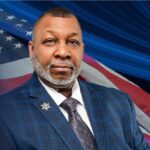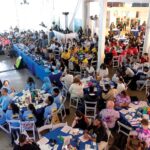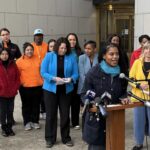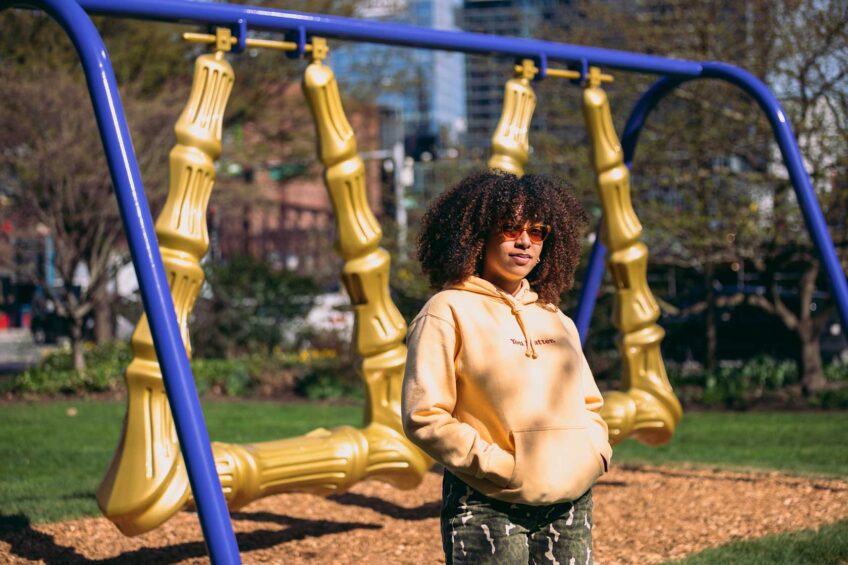‘Black Nativity’: Community voices bring joy to production’s 49th year
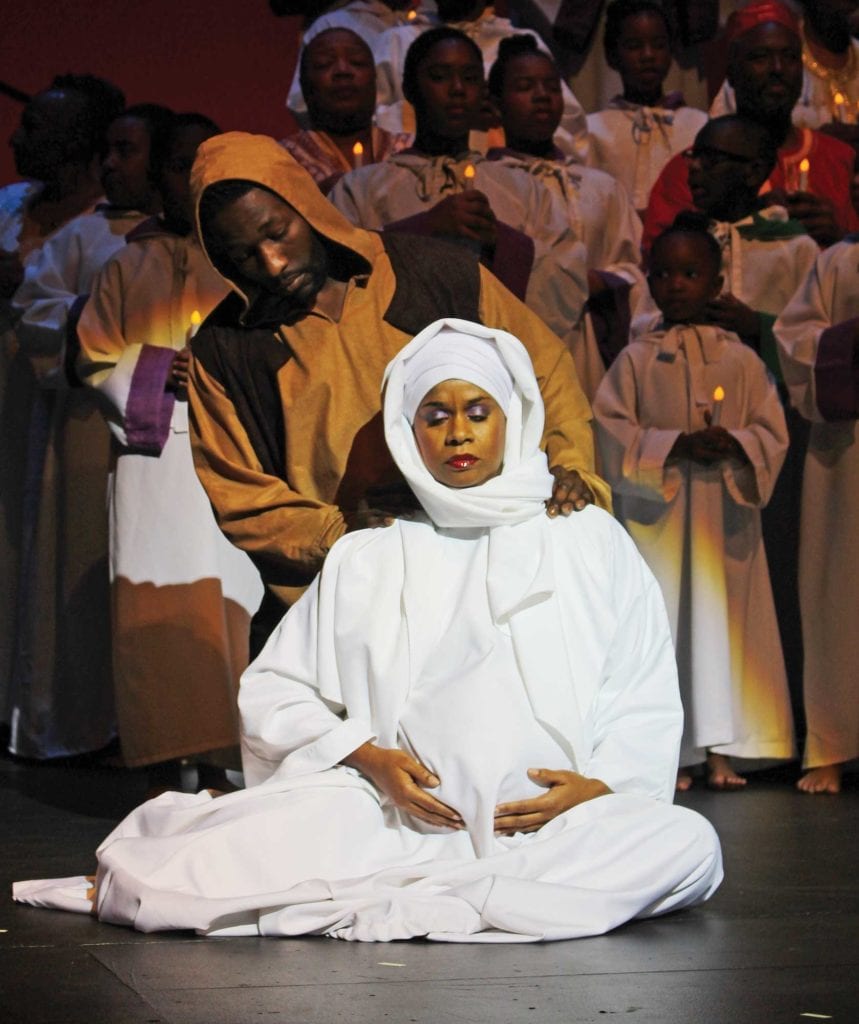
The National Center of Afro-American Artists (NCAAA) will celebrate the holiday season with its traditional run of “Black Nativity” by Langston Hughes. This is the 49th year of the show and it is the longest running production of “Black Nativity” in the country.
Through Dec. 22, Emerson’s Paramount Center will come alive with the gospel voices and African drums that make this production come to life.
The NCAAA’s production is special not only because of its long history. “It’s locally produced, so it draws all of its talent from within Greater Boston,” says Edmund Barry Gaither, director and curator of the Museum of the NCAAA in Roxbury. “I like to think of it as having improvisation within tradition. It has an outline that does not change in important ways, but it has new voices all the time.”
That these voices are all members of the local community brings a special joy to the performance. For some actors, the commitment to the show starts young, very young. Some performers who have been the Christ child as infants go on to grow into other roles, Gaither says. “The original Black Nativity was sung by an adult gospel ensemble. Our setting was one in which the voices of children feature significantly,” he says. From the very beginning, the score was modified to accommodate these young voices. For some performers, this has been a vocation for decades. Buddy Hughes has sung in every performance of Boston’s “Black Nativity” since its debut in 1970.
In January 2020, a 50th anniversary celebration of the show will begin with a gala and art auction at which vignettes of the production will be performed. Proceeds from these events will go toward a more elaborate anniversary program and a commemorative documentary featuring interviews of cast and creative team members from throughout the years.
In its half-century on the stage, the show has come full circle in Boston’s artistic community. When it began, the show was performed at the Elma Lewis School of Fine Arts, and now the songs reverberate through the theater at Emerson College, Lewis’ alma mater.
“Black Nativity” tells the story of the birth of Christ on the notes of gospel music performed by an all-black ensemble. It’s a celebration not only of the time of year, but of the African American community here in Boston. “It’s often the case that audiences will join in the performance. Our singers enjoy that, because it’s very much in black tradition for people to join in to performances that they’re enjoying,” says Gaither.
“Black Nativity” also includes the flight of Mary, Joseph and the Christ child to Egypt, an ending that is often left off the tale. In his annual letter to audiences tucked into the show’s program, Gaither urges the community to correlate this story to our contemporary world.
“We started this year with such bitter conversation at the federal level about refugees and immigration. And the Flight to Egypt is a refugee story. It’s a story of needing to move. It’s a story of expecting to be received humanely where you go,” says Gaither. “We need to be reminded that we are all here to care for each other.”



